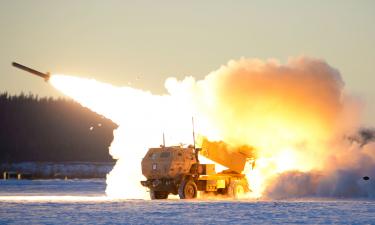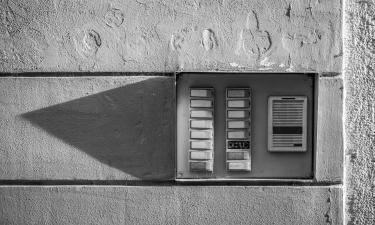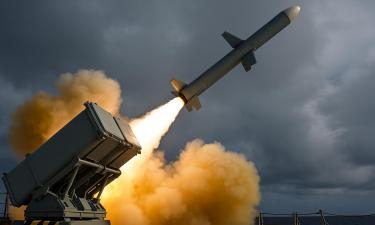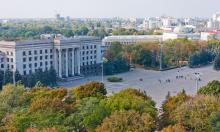Cancer vaccine may soon be available for everybody
Cancer as well as AIDS has for a long time been a headache for many scientists. Today they appear to boost hope for cancer vaccine. The trials of a new therapy showed that it successfully blocked tumour growth in animals.
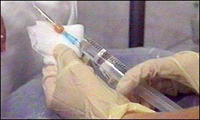
The experimental vaccine protected animals from cancer for up to five months, and stopped tumours growing bigger in those which already had the disease.
Researchers at the Karolinska Institute cancer centre in Stockholm are now adapting the vaccine for use in humans, and believe it could help to stop a variety of tumours recurring in patients who have already been treated with surgery, chemotherapy or radiotherapy.
The vaccine was developed following the discovery in 1990 of angiostatin, a drug which stops tumours growing new blood vessels, in effect starving them of oxygen and nutrients.
Some experts predicted angiostatin would become a magic bullet for cancer, but trials found it did not last long enough in the body to be effective in a vaccine.
For the latest trial, Lars Holmgren and his team developed a DNA-based cancer vaccine which fools the body into producing antibodies that mimic angiostatin. Because the antibodies last longer in the bloodstream, they are more effective than angiostatin.
In a trial, researchers transplanted breast tumours into mice before giving them two injections of the vaccine, two weeks apart. The first injection primed the immune system and the second acted as a booster. The trial showed the vaccine triggered a release of antibodies which suppressed tumour growth for up to 150 days. The mice showed no side effects.
In a second trial, genetically engineered mice bred to develop breast cancer within 28 days were given a modified version of the DNA vaccine that also blocked a gene linked to cancer. "Normally all these mice develop cancer within a month, but in the trial 80% remained cancer-free and lived for up to one and a half years," said Dr Holmgren, whose study was published in the Proceedings of the National Academy of Sciences yesterday.
The researchers believe the vaccine was successful because it works differently from previous DNA vaccines. Instead of targeting cancerous cells which are constantly mutating, the vaccine acts on healthy cells which the tumour recruits to build up its blood supply.
The researchers have teamed up with a Swedish company to manufacture antibodies that could be used in a human cancer vaccine. If the vaccine is effective in human trials, it could potentially help give protection against a range of cancer varieties. A cancer vaccine could be used to prevent cancers returning in patients who have already been operated on, or received chemotherapy or radiotherapy.
Prepared by Alexander Timoshik
Pravda.ru
Subscribe to Pravda.Ru Telegram channel, Facebook, RSS!
